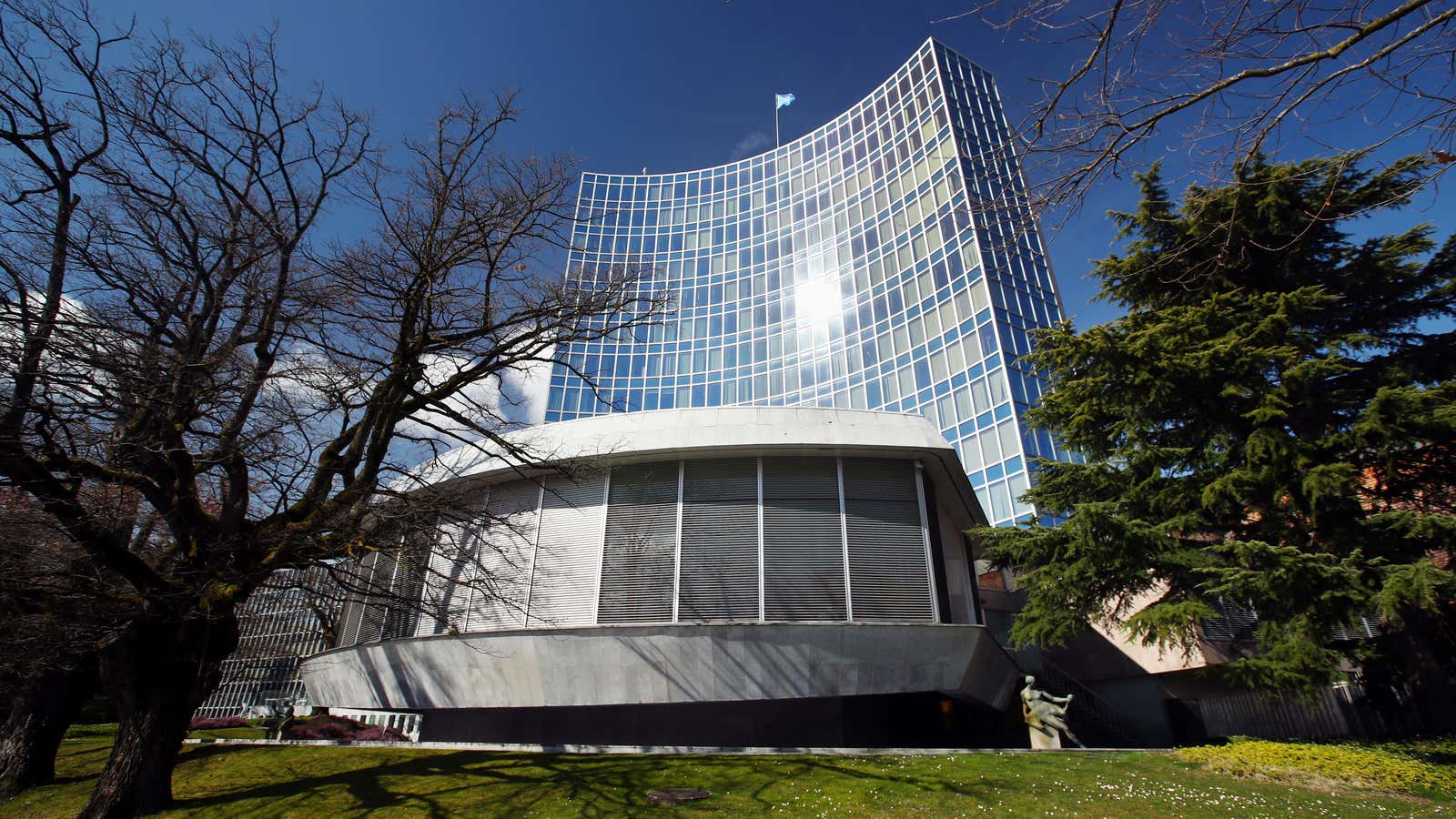As an organization that boasts the world’s largest collection of human knowledge, the Wikimedia Foundation would presumably make a good candidate as an official observer at the World Intellectual Property Organisation (WIPO), a United Nations specialized agency that promotes the protection of intellectual property. The problem is that China won’t have it.
On Wednesday (Sept. 23), Beijing blocked Wikimedia’s application for observer status at WIPO. China’s representative said Wikimedia’s application was “inconsistent” with information on its own website, and asked for “further clarification.” But the nit-picking appeared to merely serve as a prelude to the crux of Beijing’s opposition to Wikimedia: the existence and activities of Wikimedia Taiwan, one of the foundation’s chapters.
San Francisco-based Wikimedia is a nonprofit focused on providing free, multilingual content. Wikipedia, the free online encyclopedia, is its flagship project.
In his statement, the Beijing delegate said that China had “spotted a large amount of content and disinformation in violation of [the]‘One China’ principle” on webpages affiliated with Wikimedia, thereby contravening established UN protocols and “the consistent position of WIPO on Taiwan-related issues.” The Beijing representative also suggested that Wikimedia Taiwan has been “carrying out political activities… which could undermine the state’s sovereignty and territorial integrity.”
China last year blocked Wikipedia across all languages, joining other news and social media sites that have long been censored. Previously, China only blocked individual Wikipedia articles that it deemed sensitive, such as those on the 1989 Tiananmen Square crackdown. China and Taiwan had also long clashed over Wikipedia edits as volunteer editors fought over how Taiwan was described in entries. Beijing claims sovereignty over Taiwan, even though the ruling Communist Party has never controlled the country.
Across the UN, observer status is granted to non-member states, international organizations, and other entities, allowing them to attend sessions and workings. Taiwan, for example, has in the past been granted observership to the World Health Assembly, but stopped receiving invitations in 2017. In WIPO, other civil society observers include (pdf) the digital rights group Electronic Frontier Foundation and the licensing nonprofit Creative Commons.
“[T]he PRC is using the WIPO bureaucratic procedures as an opportunity to enforce the One China principle within and beyond the WIPO environment,” said Courtney Fung, assistant professor of international relations at the University of Hong Kong and an associate fellow at London-based think tank Chatham House, referring to the People’s Republic of China, which was represented “China” at the UN and all its agencies since 1971. “This is part of a consistent PRC approach to restrict Taiwan’s international space by utilizing the rules and procedures of multilateral institutions.”
China has long used its so-called “One China” principle to diplomatically sideline Taiwan, whether at global institutions like the UN, or smaller civil society groups like a global bird conservation NGO that recently expelled a Taiwanese partner.
“The objection by the Chinese delegation limits Wikimedia’s ability to engage with WIPO and interferes with the Foundation’s mission to strengthen access to free knowledge everywhere,” Amanda Keton, Wikimedia’s general counsel, said in a statement.
The UK and US had expressed support for Wikimedia’s bid of observership. As a result of China’s block, Wikimedia’s application will have to be reconsidered next year.
In a statement published today, Wikimedia Taiwan said it upholds the principle of neutrality, “not the point of view from any particular country or government.” The group also accused China of pirating Wikipedia content and violating public licensing terms, calling on Beijing to address those issues rather than “playing politics on an international platform, blocking out people’s right to participate in the discussion.”
But the group is not optimistic about Wikimedia’s prospects in WIPO. In a separate Facebook post (link in Chinese), it noted that so long as the Taiwan chapter is in existence, Wikimedia will likely not be granted observer status.
This post was updated to include a statement from Wikimedia Taiwan.
